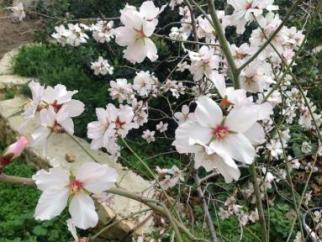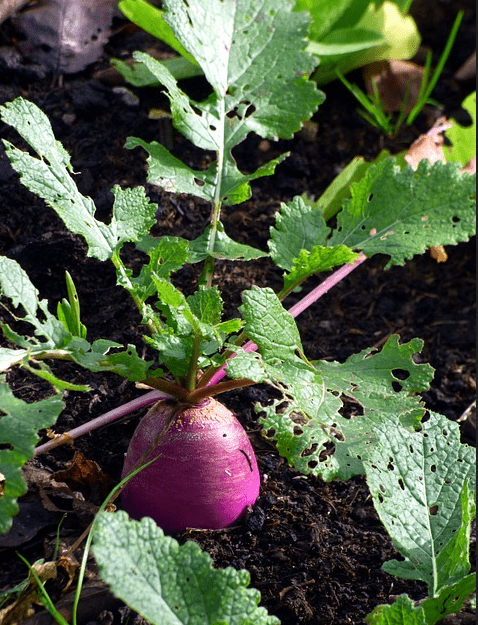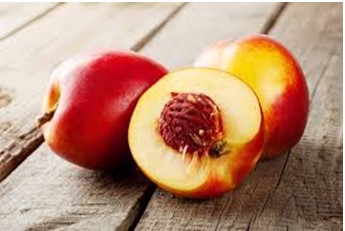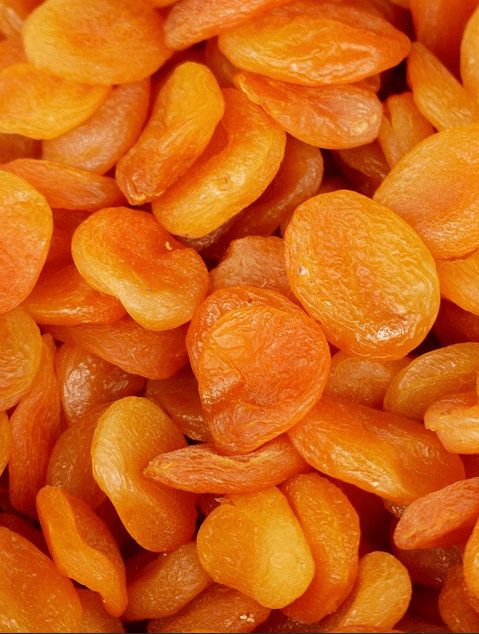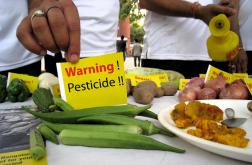Good week,
What fun to start the week with news of good things that are happening.
First, I want to tell you about a special initiative that is taking place right now. It is called the Journal of Community Health. This project was created by the leadership of the Health Center, a place that conducts studies and develops community leadership in aspects of health and nutrition. The place is run by Uri Mayer Chizik. Health leadership is actually something like preventive medicine, encompassing the various ways to foster and maintain health, taking into account the conditions surrounding the person. The intention is to encourage action and behavior based upon a healthy condition and not necessarily from a condition of sickness.
There is much to say about this special place and its concept, but today I wanted to talk about one specific initiative that they are doing – they are publishing a new journal that examines in depth the different aspects of community health. And, as is often the case with a community initiative, they finance this publication with the help of the community. This is a very worthwhile and impressive project and is worthy of your support
Second, Tu B'shvat.
Looking through our old newsletters during Tu b'shvat in years past, you can see how the weather keeps changing every year.
Last year was snowy around the time of Tu B'Shvat; the year before that was exceptionally hot and sunny, like today, and before that rainy… If this is happening because of our influence on the weather, it is really time we understand the hint and take responsibility for our actions!
A very appropriate concept for Tu B'shvat is to celebrate the power of life and nature, and to take steps to implement this and move forward with it all the time.
So first thing, the tradition of dried fruits in Tu b'shvat comes from the past when the Jews in the diaspora wanted to celebrate with fruit from Israel, but because of the travel time needed, they had to accept them only dried. That is why we eat dried fruit.
As you know, most non-organic fruits contain preservatives that we do not wish to eat! The drying process serves to increase the proportion of preservatives in each fruit, as it reduces the mass of the fruit. So, it is even more important to eat dried fruit that is organic.
However, lucky us. We are here in Israel and can eat local fruits when they are fresh, juicy and clean.
Regardless of what we do in life, we should all think about it and act responsibly. This is our future and our children's and grandchildren's future. This includes all of our daily decisions – what to eat, where to shop, what to write on, with what to wrap, to clean, etc. Tu B'shvat is here to remind us to maintain this awareness and to take responsibility. There is no one to repair the world after us, and there is probably no way to repair it in any event. It is incumbent upon all of us to act responsibly.
We must maintain our health – this is our first instinct. The health of the soil, where it all begins, is necessary for this. If there is soil, there is life. The health of the community – that is us, our family, each and every single one of us.
To Health!!!
With Love,
Maggie and all the garden staff
In our organic vegetables Baskets it is expected (draft only):
lettuce
Onions
broccoli
cauliflower?
Dutch Cucumbers
celery
Tomatoes
Peppers
Potatoes
parsley
Large organic vegetables baskets, also:
Lettuce
cabbage
Pak-choi
Kyle
Fruit baskets:
Bananas
Oranges
Clementines
Sweeties
Large fruit baskets, also:
Clementines
Red grapefruits
Sweeties

